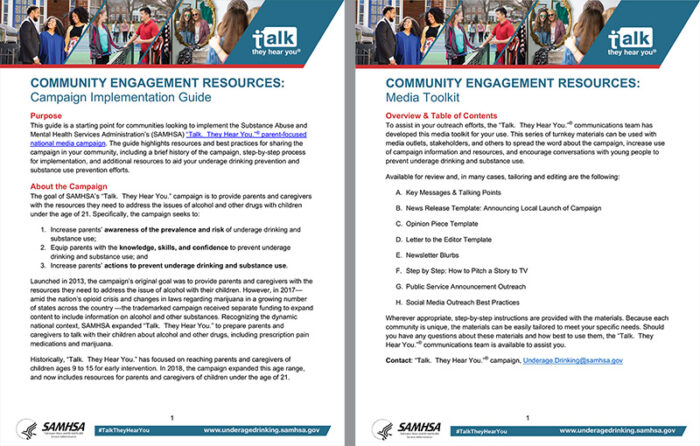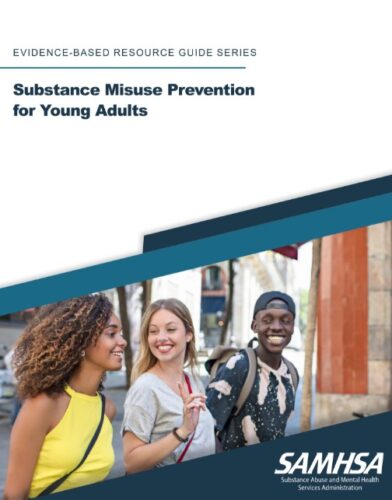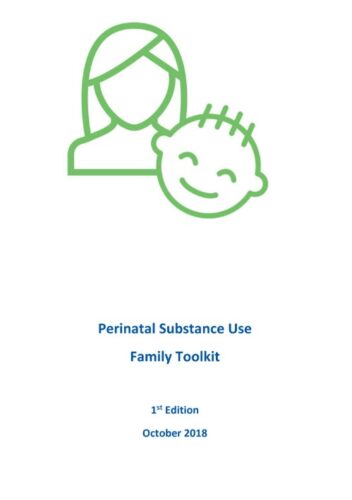Behavioral Health Services, Inc.
Subject: Detoxification – Chemical Dependency Recovery Hospitals Policy#: 4.5.9
Title: Treatment for Women of Childbearing Age
Effective Date of This Revision: July 1, 2017
Contact: Medical Director 310-679-9126
Executive Office Applies to:
Officers
Other agents
Staff
Visitors
Student clinicians
Contractors
Volunteers
Subcontractors / Business Associates
PURPOSE:
This document outlines Behavioral Health Services, Inc.’s policy and procedures on the safe withdrawal management/detoxification for women of childbearing age.
POLICY:
To avoid potential complications of pregnancy as a result of detoxification, all women of
childbearing age shall be given a pregnancy test during the admission process. For the safety of the mother and fetus, all pregnant potential patients will have an evaluation
performed by admission or medical staff. If there are concerns, an obstetrics (OB) clearance may be required.
BHS will use only FDA-approved medication, or medication proven safe for a pregnant woman and fetus. Pregnant women will be treated using the protocols outlined below.
Pregnant women will be assessed on an individual basis for need for special diet or dietary supplements.
BHS detoxification programs have limitations in providing care for pregnant women. BHS will refer pregnant patients to an appropriate facility if such care is beyond BHS capacity.
PROCEDURES:
Detoxification of the Alcohol Addicted Woman in Pregnancy Any pregnant woman who consumes over 8 ounces of alcohol (one pint of liquor) daily should be assumed to have developed tolerance. The sudden cessation of drinking can precipitate withdrawal syndromes (WDS) that are life threatening to both the mother and the fetus. There are similarities and differences between symptoms associated with pregnancy and alcohol WDS.
SYMPTOMS AND SIGNS COMMON TO BOTH PREGNANCY AND WDS
Hypertension
Nausea and vomiting
Restlessness
Seizure
Sleep disturbance
Tachycardia
Tachypnea and respiratory alkalosis
SYMPTOMS AND SIGNS OF ALCOHOL WDS NOT COMMONLY ASSOCIATED WITH PREGNANCY
Agitation
Distractibility
Fever
Hallucinosis
Impaired memory
Marked Diaphoresis
Tremor
Pharmacological Treatment of Alcohol WDS
Beta-Adrenergic Blocking Agents Propanolol and atenolol have been well studied during pregnancy and have not been associated with adverse effects.
Benzodiazepine
The bulk of evidence suggests that short-term use of benzodiazepine, as in alcohol detoxification, does not have enduring effects on offspring.
In sum, the risk of uncontrolled WDS seizures, agitation and delirium outweigh the risks of
benzodiazepine use for both the woman and her fetus in most cases. To avoid fetal or neonatal toxicity, doses should be kept as low as possible. When high doses are required (the equivalent of 30 mg of diazepam or more), fetal or neonate toxicity may result.
Phenobarbital
Phenobarbital confers no significant advantage over the benzodiazepine. Like benzodiazepine, it can cause fetal and neonate toxicity. Phenobarbital is a weak teratogenic, causing increased minor craniofacial anomalies.
Carbamazepine
During the first trimester: It is weakly teratogenic. In late pregnancy: It increases the risk of neonatal hemorrhage.
Neuroleptic
If antipsychotic is used near the end of a pregnancy, a mild neonatal WDS is not uncommon. Haloperidol or trifluoperaine are preferable to other neuroleptics.
Disulfiram
Disulfiram has been associated with birth defects and should not be used in pregnancy.
Detoxification from Sedative-Hypnotic Drugs
1. Substitution of a long-acting agent, such as Phenobarbital, may be helpful.
2. Controlled, slow withdrawal of the addicting agent.
3. Using either #1 or #2 methods, withdraw the pregnant patient in regular decrements of 5 – 10% of daily dose.
4. Conduct monitoring of the patient in accordance with Nursing Observations policy
4.5.10.3
Detoxification from Cocaine
No medication except in cases of extreme agitation.
Detoxification from Methamphetamine
No medication except in cases of extreme agitation.
Detoxification from Opioids
It is recommended that opioid addiction during pregnancy be treated with methadone in nearly all cases. Intrauterine demise (death of the fetus in utero) has been documented as a complication of medical withdrawal even when done under optimal conditions, such as
hospitalization and close fetal monitoring.
Warning: Narcan or any narcotic antagonist should never be given to a pregnant woman except as last resort to reverse severe narcotic overdose. Administration of a narcotic antagonist to a pregnant woman could result in spontaneous abortion, premature labor, and or stillbirth.
Because of the potential complications of opioid withdrawal for pregnant women and their fetuses, BHS shall refer all pregnant opioid users to a methadone treatment program.


